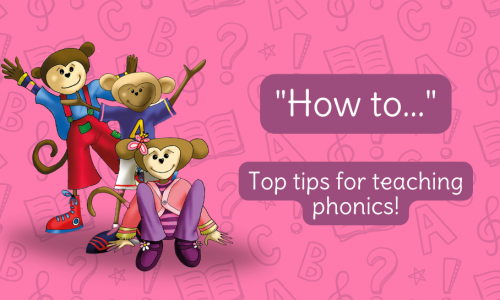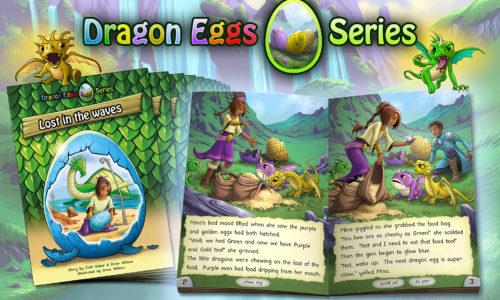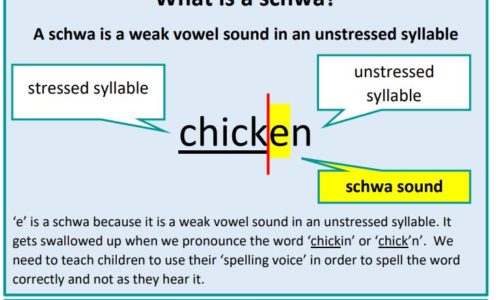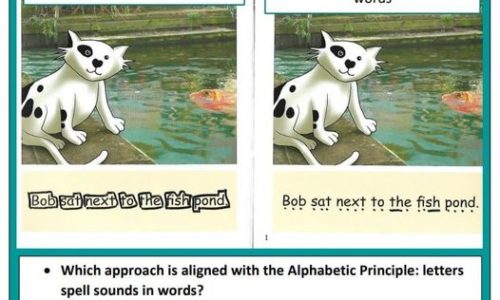
In our ‘how to…’ series we are going to delve into all things phonics instruction and give you our expert advice on developing confident readers. *** In her podcast, Evidence Based Education, Dr Tracy Alloway explains working memory as ‘your ‘active’ memory. The memory you use to work with information.’ She describes working memory as […]
Read More



